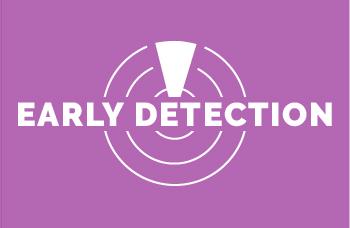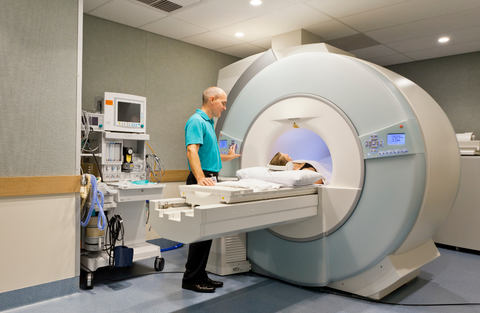Colorectal Cancer Affecting Younger Adults
02 February, 2024
March is Colorectal Cancer Awareness Month
Earlier this year the American Cancer Society (ACS) released alarming news: colorectal cancer is now the leading cause of cancer death among men under 50, and the second for women under 50. Incidence of this cancer is also increasing among those 55 or younger, underscoring the importance of on-time and consistent cancer screening.
“We often think of cancer as a disease of aging, but the latest data shows that growing numbers of middle-aged adults are being diagnosed with colorectal cancer,” Nevada Cancer Coalition Executive Director Cari Herington said. “Starting colorectal cancer screening on time—at age 45 for those at average risk—can help many people to find their cancers earlier when they’re most treatable, and in the case of colonoscopy, potentially prevent the cancer altogether.”
ACS pointed to changes in lifestyle exposures as one contributor to rising colorectal cancer rates. Being overweight or obese is a risk factor for the disease, and nearly one-third of Nevadans fit that description. Family history of colorectal cancer is also a risk factor for the disease. ACS notes nearly 1 out of 3 people diagnosed with colorectal cancer before age 50 have a family history or genetic predisposition to the disease.
“People who know they have a family history of this disease should begin colorectal cancer screening before age 45,” ACS experts said.
The most commonly used screening method is colonoscopy. This exam is still considered the gold standard by most doctors because of its ability to find growths in the colon before they become cancer. The procedure is done in a special center and requires sedation, several days of bowel prep, and someone to drive the patient home. The prep has become much easier over the years thanks to the use of laxatives and Gatorade—instead of the chalky liquid doctors used to prescribe. The bonus for people who are able to complete this exam is that it only has to be done once every 10 years.
Other options for those at average risk of colorectal cancer include annual at-home testing with newer FIT or stool DNA tests. The easy-to-use, non-invasive tests can be done in a person’s own bathroom with no prep or sedation, and the completed kit is mailed to a lab for processing. The tests look for blood or cancer DNA in a person’s stool and are anywhere from 79-92% accurate in detecting colorectal cancers.
Individuals should talk to their healthcare provider to discuss their potential risk for colorectal cancer and what screening exam would be right for them. For more information on colorectal cancer screening visit http://checkyourpoop.com. March is Colorectal Cancer Awareness Month and March 1 is Dress in Blue Day.
You May Also Like

Registration Opens for Evidence Academy
03.04.2024
Registration is now open for NCC's first ever Evidence Academy.

2024 Colorectal Cancer Data & Resources
02.19.2024
Colorectal cancer is the #2 cancer killer in Nevada by total numbers, only behind lung cancer.

Partner Success: Lung Screening in Rural Nevada
12.20.2023
Screening for lung cancer with low-dose CT isn't new, but many people are still unaware of the importance of this early detection method and its a